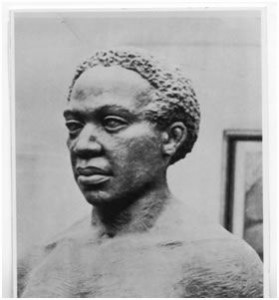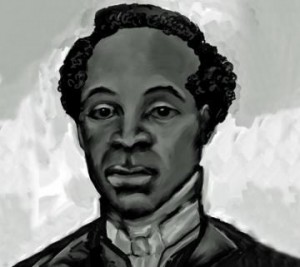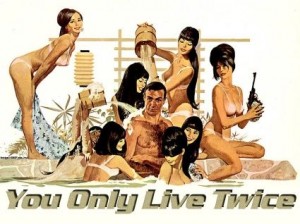You and I believe that slavery is wrong, but neither of us came to this conclusion on our own. We did not reach this conviction by wrestling with complicated ethical, economic, political and theological issues. We did not risk our lives to escape our own enslavement and we did not campaign tirelessly against powerful institutions to abolish an unjust system. Neither of us have ever been confronted with the reality that we would lose a large proportion of our wealth, should our society decide that slavery were wrong.
Instead, we grew up in a culture where we did not see legalized slavery around us anywhere. We were raised in a society that told us in thousands of ways, explicitly and implicitly, that freedom was good and this system was wrong. We accepted this great truth without thinking about it. It cost us nothing.
You and I have not contributed anything to the principle that slavery is wrong. Oddly, though, we may still cast a smug eye on earlier generations. We may consider ourselves to be morally superior to those from centuries ago who held slaves. Or we might be bothered to discover that great Christians from earlier centuries held slaves, good people who loved God, like Jonathan Edwards and George Whitefield. What was wrong with these people, we silently wonder? Without thinking deeply, we assume that if we were born in 1703, we would understand that slavery was an evil and unjust system. And we would be wrong about ourselves.
The conviction that slavery is wrong is a gift. We did not pay for it, work for it, achieve it through intellectual effort, or earn it through our own righteousness. And yet those of us who live in 2012 hold on to this conviction firmly, without quite realizing how it ended up here in our hands.
This is how grace works. This truth was given to us by God.
It happened somehow through the processes of history. God worked through many different people who, seeing through a mirror dimly, struggled to come to terms with a truth that was not obvious to them. Some of them then battled formidable economic, political and social powers, in order to eliminate an unjust system. The results, quite frankly, are stunning.
In 1776 slaves could be found in every single colony and region in the Americas, from Canada to Chile (and each of the original 13 states). An overwhelming majority of people in North America, Europe, South America, the Caribbean, Central America and Africa accepted slavery as a fact of life. They might not have thought it a pleasant system, but they were convinced that this was how the world operated. In fact, the acceptance of slavery had been the default mode for all of humanity, for slavery could be found in some form in all regions of the world throughout history.
And then, in a blink of an eye (by historical reckoning), slavery was abolished. By 1886 it had been eliminated in the Americas. By that time, the vast majority of people of the transatlantic world agreed it was an unjust system. This way of thinking spread throughout the world. For the first time in history, the acceptance of slavery was no longer the default mode of thinking.
You and I have inherited that conviction. We should be thankful for this particular gift. Thankful that many people came before us who worked and wrestled and died and argued and committed themselves to abolition. And thankful to God who, in His mysterious manner, worked through these people in history, so that we might think this way, without even realizing that we think this way, or why we think this way.
Oh, and one more thing. Let us also be thankful that, regardless of our thinking, we are not enslaved in this way and do not live in a society that enslaves others in this way.





